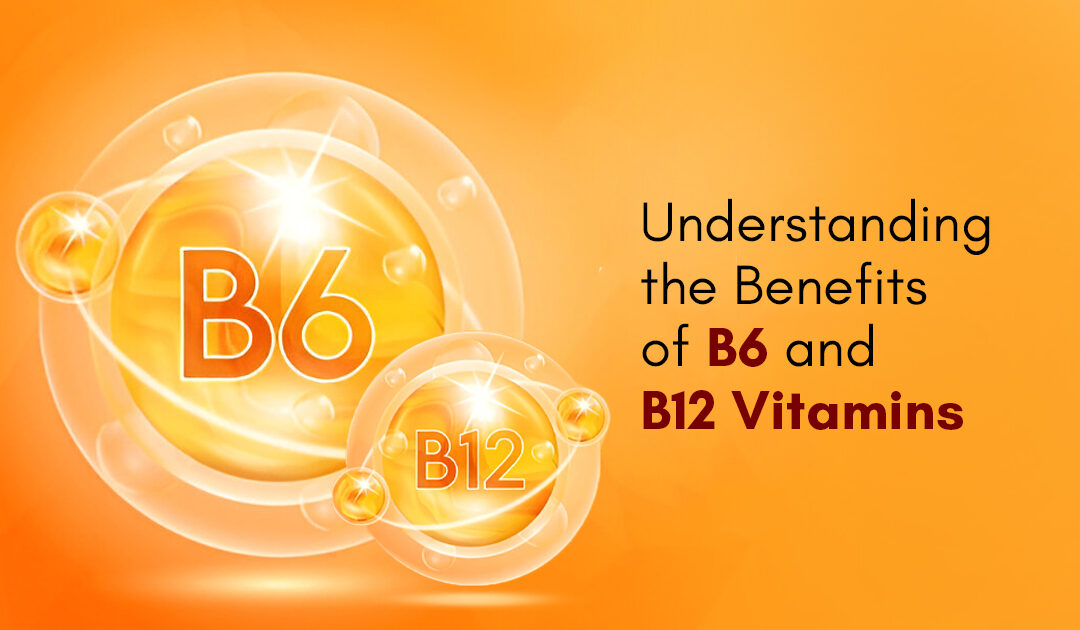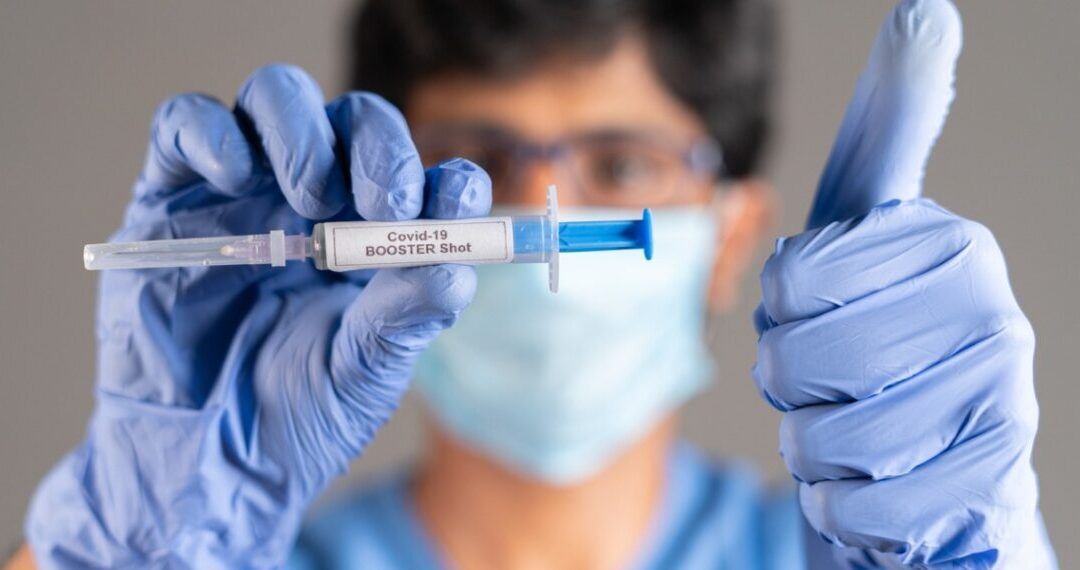Nutritional Deficiencies
What is Nutritional Deficiencies?
The body requires several vitamins and minerals that are crucial for the development and protection of our body against various diseases. Also referred to as micronutrients, these elements play a major role in keeping us healthy and fit, and their deficiency can result in several health issues.
Nutritional deficiencies occur when the body fails to absorb nutrients or doesn’t get food that consists of the required minerals and vitamins. The main issues faced due to a nutritional deficiency include skin disorders, digestion problems, dementia, defective bone growth and more.
Common nutritional deficiencies
Iron deficiency
The most common nutrient deficiency is the lack of iron in the body. Iron deficiency can lead to anemia, a blood disorder that leads to weakness, fatigue and other symptoms. Iron is available in foods such as red meat, dark leafy vegetables, and egg yolks.
When a person is deficient in iron, the body creates lesser red blood cells. The RBCs produced are paler and smaller than healthy blood cells. Also, they are less efficient at passing oxygen to various body organs and tissues.
Vitamin A Deficiency
Vitamin A constitutes of a group of nutrients that are significant for good health and functioning of the eyes and strengthens the immune system. It also plays a major role in keeping up the reproductive health of both men and women.
Deficiency of vitamin A can lead to blindness in children and increases maternal mortalities among pregnant women. For the newborns, the main source of vitamin A is breast milk.
Adults with Vitamin-A deficiency should eat plenty of foods rich in the nutrient, such as eggs, milk, green vegetables like broccoli, kale, and spinach. Other foods with a high content of vitamin A include carrots, pumpkin, sweet potatoes, papaya, peaches, apricots, and tomatoes.
Thiamine (Vitamin B-1) deficiency
Thiamine or Vitamin B-1 is an important nutrient for the nervous system. It helps the body to turn carbohydrates into crucial energy, improving metabolism. Thiamine deficiency can lead to fatigue, weight loss, confusion, muscle or nerve damage, and short-term memory loss. Foods rich in thiamine include nuts, seeds, eggs, wheat germ, legumes, and pork.
Niacin (Vitamin B-3) deficiency
Niacin is another mineral that promotes the body in converting food into energy. Also known as Vitamin B-3, a serious deficiency of niacin (pellagra) can lead to skin disorders, diarrhea, and dementia. To avoid this condition, start eating a balanced diet rich in animal proteins. Peanuts also have a good amount of niacin.
Folate (Vitamin B-9) deficiency
Vitamin B-9 promotes the production of red blood cells and DNA in the body. Also referred to as folate, it helps in the proper functioning of the nervous system and brain development. Another significant role of folate in fetal development. Its deficiency can result in growth problems, birth defects, or anemia.
Foods rich in Vitamin B-9 include citrus fruits, beans and lentils, asparagus, green leafy vegetables, shellfish, meats, whole grains, and fortified grain products.
Cobalamin (Vitamin B-12) deficiency
Vitamin B-12 is a B vitamin responsible for developing healthy RBCs in the body. Cobalamin deficiency is seen commonly in people who are above 60 years, are vegans, have had gastric surgery, lack intrinsic factor, have a prolonged history of antacid use, have diabetes (take metformin).
Deficiency of Vitamin B-12 results in pernicious anemia. Some of the common symptoms of Vit B-12 are dizziness, fatigue, weakness, weight loss, poor appetite, nausea, shortness of breath, pale or yellowish skin, and sore, swollen, or red tongue.
You should take adequate calcium to help in absorption of B-12 in the small intestine. Severe deficiency of cobalamin leads to muscle weakness, difficulty walking, depression, memory loss, dementia, difficulty walking, etc.
Vitamin D deficiency
One of the most common nutrient deficiencies is Vitamin D deficiency. Vitamin D helps in maintaining the proper levels of calcium in the body for regulating teeth and bone development. Lack of Vitamin D leads to poor bone growth.
Naturally, vitamin D is available in only some foods, such as fatty fish, egg yolks, fish liver oils, liver, and mushrooms. Fortified dairy products like milk also contain Vitamin D.
The best natural source of Vitamin D is sunlight. 5-30 minutes of sun exposure (twice a week) can provide with sufficient Vitamin D.
Calcium deficiency
Calcium is the main nutrient used in the development of strong teeth and bones. Additionally, it also promotes better functioning of the nerves, heart, and muscles.
Symptoms of calcium deficiency may not show up early but can cause serious health problems like a bone loss if not diagnosed on time. It can also lead to abnormal heart rhythms and convulsions. Postmenopausal women experience may struggle in calcium absorption, and experience calcium deficiency due to changing hormones.
The best food sources of calcium include calcium-set tofu, small fish with bones, dairy products like yogurt, milk, and cheese. Some green vegetables like broccoli and kale also have calcium.
Symptoms of nutritional deficiencies
Even though the symptoms of nutritional deficiency depends on the particular nutrient your body lacks, here are a few common symptoms that should alert you to see a doctor and find out the root cause of the issue:
- Fatigue
- Hair loss
- Difficulty breathing
- Pale skin
- Weakness
- Sleepiness
- Constipation
- Lightheadedness
- Depression
- Fainting
- Heat palpitations
- Poor concentration
- Menstrual issues
- Numbness and tingling of the joints
- Unusual food cravings
When to see a doctor
Staying healthy
Doctor’s guide
Health articles that keep you informed about good health practices and achieve your goals.
Location
Yashoda Hospitals Somajiguda
Rajbhavan Road, Somajiguda, Matha Nagar, Hyderabad, Telangana.
500082
Mallela Clinic
Mallela Clinic, Street No 4, Vijay Nagar Colony, Hyderabad, Telangana.
500057
Reach us
P: +91 9908 600 004
M: drmvraomallela@gmail.com
follow us
Sign up for doctors guide
Treatments
Cholesterol | Cardiovascular Disease | Nutritional Disorders | Chronic Kidney Disease | Obesity | Unexplained Weight Loss | Septic Shock | Adult Vaccines | Critical Illness |Hypertension | Diabetes | Thyroid Disorders | Typhoid Fever | Chikungunya | HIV, HBV, HCV, HEV, HAV | Fungal Sepsis | Parasitic Infections | Viral Pneumonia | Fever of Unknown reasons | Tuberculosis | Dengue | Vasculitis | Systemic Lupus Erythematosus | Rheumatoid Arthritis | Organophosphorus poisoning | Paraquat Poisoning | Unknown Poisonings | Snake Bites | Drug Overdose | TB Meningitis | Seizures | Neuropathy | Parkinson’s | Stroke | Allergic Airway Disease | Dermatitis | Chronic Urticaria | Drug-Induced Allergies
Copyright © 2021, Drmvrao. All rights reserved.



